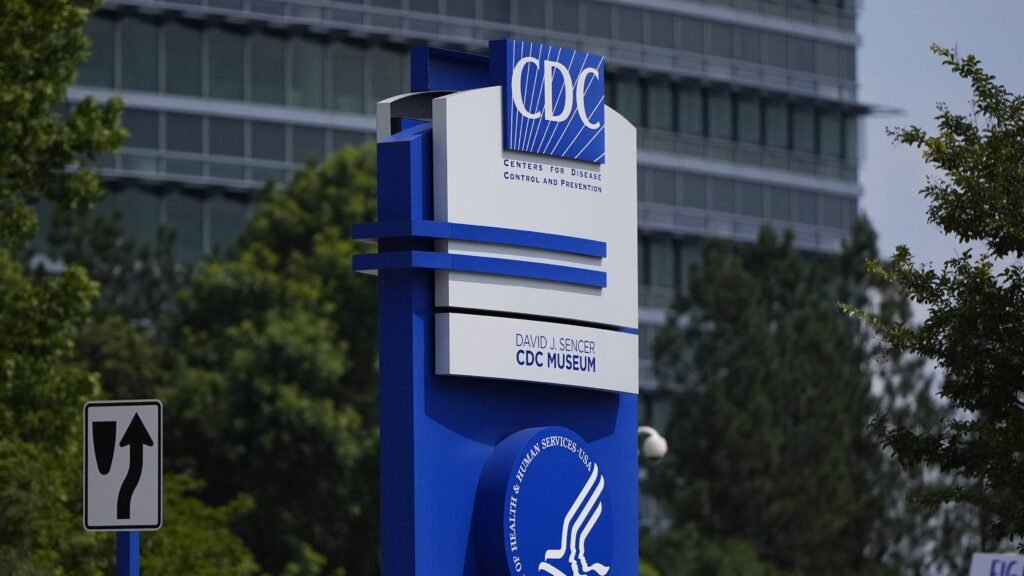The recent shakeup at the Centers for Disease Control and Prevention (CDC) has sent shockwaves through the public health community, threatening the agency’s ability to fulfill its mission and eroding trust in its leadership. The abrupt ousting of Director Susan Monarez, following her refusal to dismiss top scientists, has raised concerns about the CDC’s capacity to respond to future health crises.
Experts in the field, such as Georges Benjamin, Executive Director of the American Public Health Association, have expressed worry about the CDC’s ability to address not only current threats like Covid-19 but also future challenges. The agency has been under pressure from Health Secretary Robert F. Kennedy Jr., with budget cuts leading to job losses and program reductions in critical areas like air quality, HIV, and food safety.
The impact of these changes is already being felt, with surveillance programs like FoodNet scaling back on monitoring foodborne pathogens, potentially putting the public at risk. Wendy Armstrong, Vice President of the Infectious Diseases Society of America, highlighted the loss of CDC’s testing capacity, which could complicate the diagnosis and treatment of infectious diseases.
The exodus of top CDC officials, including key scientists like Daniel Jernigan and Deb Houry, has left a leadership vacuum that is difficult to fill. The resignations have sparked concerns about the agency’s ability to function effectively in the face of ongoing public health challenges.
Trust, both within and outside the agency, has been severely impacted by the recent events. CDC employees and outside experts have raised doubts about the credibility of official messaging and the agency’s ability to regain public trust. The politicization of public health decisions and the erosion of expertise within the CDC have raised questions about its future effectiveness.
Looking ahead, experts like Richard Besser have painted a grim picture of the CDC’s prospects. The continued loss of talent, lack of political support, and erosion of public trust could spell disaster for the agency’s ability to respond to future pandemics and health threats.
The CDC, once considered a global leader in disease prevention and control, now faces an uncertain future. The agency’s rich history and legacy of public health achievements are at risk of being overshadowed by recent controversies and leadership turmoil. The road to recovery for the CDC will be long and challenging, with doubts lingering about whether it can regain its former stature in the public health community.
In conclusion, the recent events at the CDC have cast a shadow over its ability to protect the health of the public. The agency’s future hangs in the balance, as it grapples with leadership challenges, budget cuts, and a loss of trust. The road ahead will be fraught with obstacles, but the importance of a strong and effective CDC in safeguarding public health cannot be overstated.


